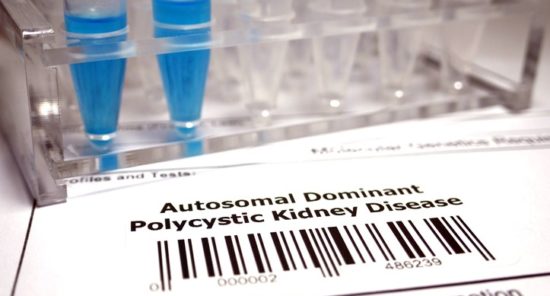Credit: Original article published here.Results of previous studies have shown that tolvaptan slows expansion of kidney volume and decline in kidney function in adults with autosomal dominant polycystic kidney disease (ADPKD). According to Djalila Mekahli, MD, PhD, and colleagues, there are few data available on the efficacy and safety of treatment with tolvaptan in children and adolescents with ADPKD. The researchers reported results of a 1-year, randomized, double-blind portion of a phase 3b two-part trial being conducted at 20 academic pediatric nephrology centers [Clinical Journal of the American Society of Nephrology. 2023;18(1):36-46]. Eligibility criteria included ADPKD and estimated glomerular filtration rate ≥60 mL/min/1.73 m2. The target group was patients 12 to 17 years of age (group 1, enrollment goal >60); patients 4 to 11 years of age could additionally enroll (group 2, anticipated enrollment approximately 40). Participants received either tolvaptan or placebo titrated by body weight and tolerability. The primary end points of interest were change from baseline in spot urine osmolality and specific gravity at week 1, and assessed inhibition of antidiuretic hormone activity. Secondary end points included change in height-adjusted total kidney volume (htTKV) to month 12 in group 1, safety and tolerability, and quality of life. Statistical
Tolvaptan for Pediatric ADPKD


